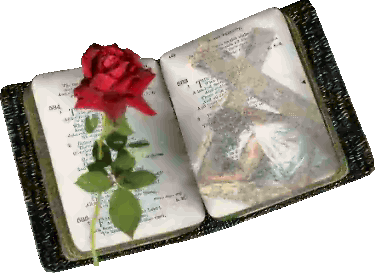Matthew 9:9-17
Lesson 16
Read both the "King James Bible" and the "New Living Translation."
In this lesson:
Jesus calls Matthew (9:9-13).
A question about fasting (9:14-15).
Parable of the wineskins (9:16-17).
Matthew, the tax collector that followed Jesus.
By Doménikos Theotokópoulos, nicknamed El Greco (1541-1614)
By Doménikos Theotokópoulos, nicknamed El Greco (1541-1614)
Study Tip:
Look for something in each passage to apply to your life.
Look for something in each passage to apply to your life.





